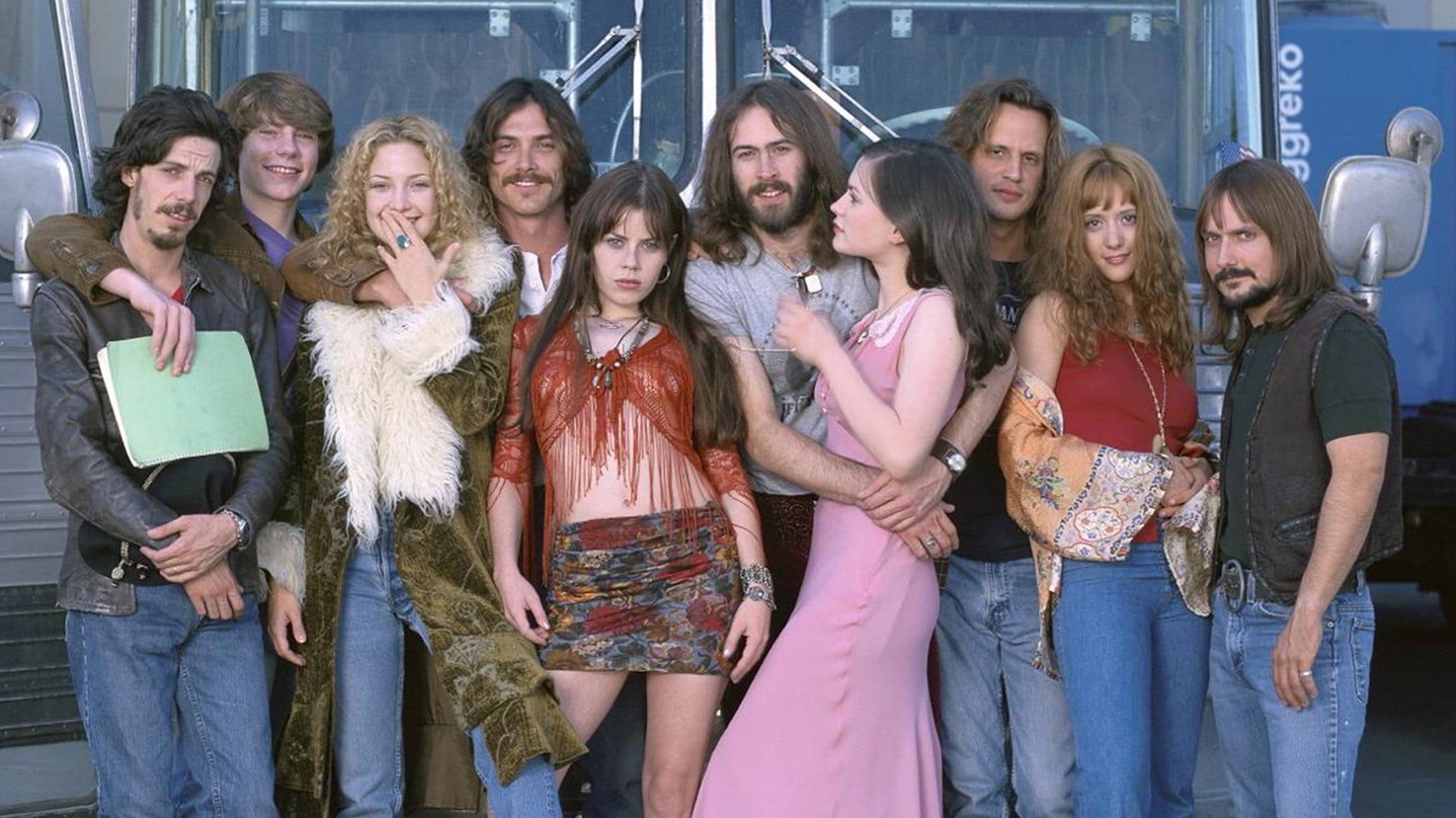 Open Hearts
Open Hearts, 2002
In a tragic accident, a young man named Joachim (Nikolaj Lie Kaas) accidentally steps in front of a car being driven by Marie (Paprika Steen). Joachim ends up paralyzed from the neck down, and his depression and bitterness over his injury drives a wedge between himself and Cecille (Sonja Richter), his girlfriend. By coincidence, Marie's husband Niels (Mads Mikkelsen) works in the hospital, and soon he and Cecille strike up a co-dependent and then sexual relationship.
This film (part of the Dogme series, though it does seem to break a few of the rules) is the kind of film that seems more interested in observing than in necessarily making a statement about the choices and actions of its characters.
Something that the film does very well is show the way that a certain subgroup of emotions--guilt, anger, grief, regret--often don't have a "home" and thus end up being pushed onto the people around the person feeling the emotion.
In the case of Jaochim, he directs his anger outward at Cecille and at the incredibly patient nurse, Hanne (Birthe Neumann) who cares for him in the hospital. Joachim's abuse drives Cecille away, while Hanne's smirking reaction to his vulgar insults is what ends up finally breaking through his malaise a bit.
But what happens between Marie, Niels, and Cecille is more complicated. Marie is understandably torn apart by what happened, despite it not really being her fault. It is this guilt that leads Marie to encourage Niels in supporting Cecille, only realizing too late the nature of their relationship. Cecillem, reeling from her boyfriend's hateful language toward her, is looking for comfort. Niels, for his part, doesn't seem to fight the pull of the affair all too hard. In fact, when finally confronted with his actions, he seems immensely relieved to be able to point the finger at Marie for "forcing" him into spending time with Cecille.
It was interesting to see the contrast between the characters of Cecille and Niels and what it means for them to be engaged in the affair and what it means for them to think about "walking away." For Niels, he has a wife but he also has three children. When Niels is absent, the weight of running the household falls entirely on Marie. His character is very self-centered in his approach, blaming his family and especially his wife, for the fact that he feels "trapped." Cecille's situation is different, because she is looking more for a supplement, not a replacement. the contrast between how they feel about their relationship is shown neatly in a moment when they are interrupted during sex by a phone call from the hospital. Cecille leaves with no hesitation, but the look on Niels' face shows that he hadn't quite accepted his role as second-most important.
I have a friend whose husband several years ago suffered a traumatic brain injury, something that has permanently altered their relationship. He cannot work, and they no longer have a romantic life. They also have a young child. She has essentially become a caretaker for her child and her husband (and also their main source of income). From this lens, something that I felt didn't entirely feel honest was the scene at the end where
WARNING: spoilers below
Joachim basically gives Cecille his blessing for her to move on from him. It just didn't feel realistic. I know many people who have had boyfriends/girlfriends or spouses who have suffered from long-term or chronic situations, and none of them have resulted in one giving the other permission to go off on their own. It felt like a plot move intended to push Cecille's character to ask what she really wants, but it didn't feel authentic to me.
Joachim basically gives Cecille his blessing for her to move on from him. It just didn't feel realistic. I know many people who have had boyfriends/girlfriends or spouses who have suffered from long-term or chronic situations, and none of them have resulted in one giving the other permission to go off on their own. It felt like a plot move intended to push Cecille's character to ask what she really wants, but it didn't feel authentic to me.
The performances here were very strong, and I appreciated that the film approached all of its characters with nuance and empathy. It is a complicated, messy situation, and the film doesn't try to offer any pat answers or lessons.








